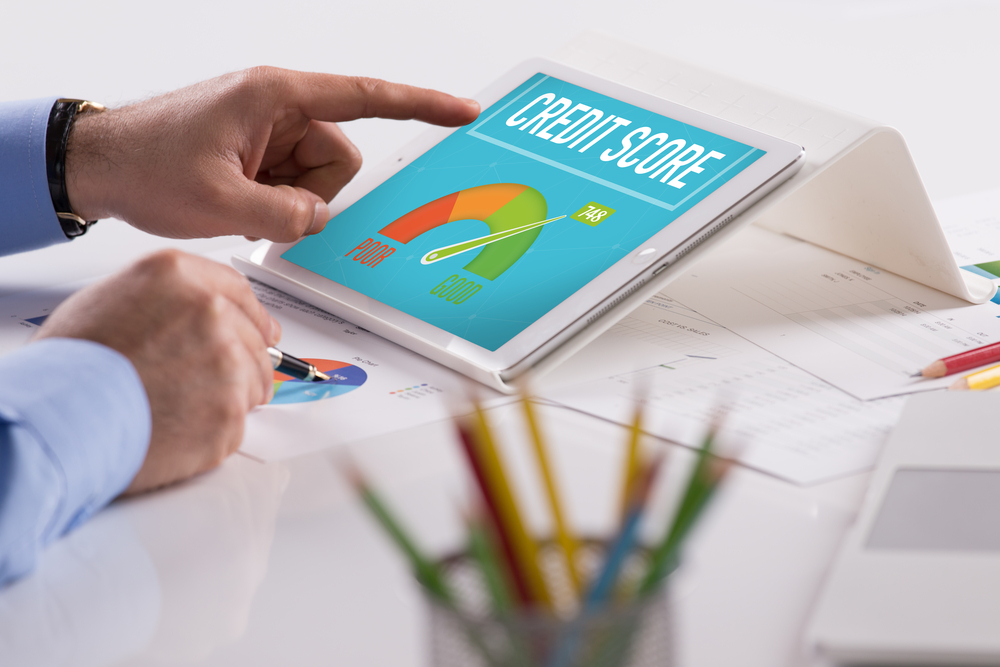When we want to buy certain items, we may find that we do not have the money. For example, we might find that if we want to buy a new car, we do not have the money available to be able to afford it. This means that we will have to find the money from somewhere else. It could be that we could wait and save up for it or that we could borrow the money. There are pros and cons to each and it is worth thinking about them so that you can decide which will be the best for you.
Cost of Loan
It is a good idea to start by thinking about the cost of borrowing. If you take out a loan, there will be interest to pay and there might be other fees as well. This means that you will have to pay more than if you did not borrow money. The key thing is to think about whether you think that the loan will give you good value for money compared with the option of using savings. It is not always easy to calculate the cost of a loan but you should be able to get a good idea from the lender but also bear in mind that if you miss a repayment then you will get charged extra so bear this in mind when calculating the cost.
Lost Savings Interest
If you have money already saved up, then you may be reluctant to spend it because you are worried about the loss of interest. Savings accounts do pay a little bit of interest and that can feel good, that you are getting some money. However, borrowing is usually significantly dearer and so by using savings, even considering the lost interest, it will generally be cheaper. You can work this out though and then you will be able to decide which will be the most cost effective solution for you.
Item Price Goes up
If you decide to wait and save up for the item, there is always a risk that the price might go up. This si because of inflation and prices do generally increase over time. However, it is likely that the price will not go up more than you would have to pay out if you took out a loan. However, you could calculate this and estimate how much the price would have to go up to make it worthwhile borrowing the money and buying right away compared to waiting and saving up. You could be surprised at how little extra you will have to pay if prices rise, compared to if you get a loan.
Item no Longer for Sale
It is always a risk that if you delay buying something, that it could sell out or no longer be made. Then you will not be able to get it at all. However, the risk will depend on the specific item. Some items are updated every so often and so it may be replaced with something better, which may not be a bad thing. You may also find that items might be available second hand if they stop being sold new and so this could be helpful as well. However, some things might become collectible and then the price will really go up and that could be tricky to cope with. Consider the item and which scenario is more likely. Also consider whether there are other similar items that you could buy which might provide the same function even if they are not the exact brand that you were looking for.

